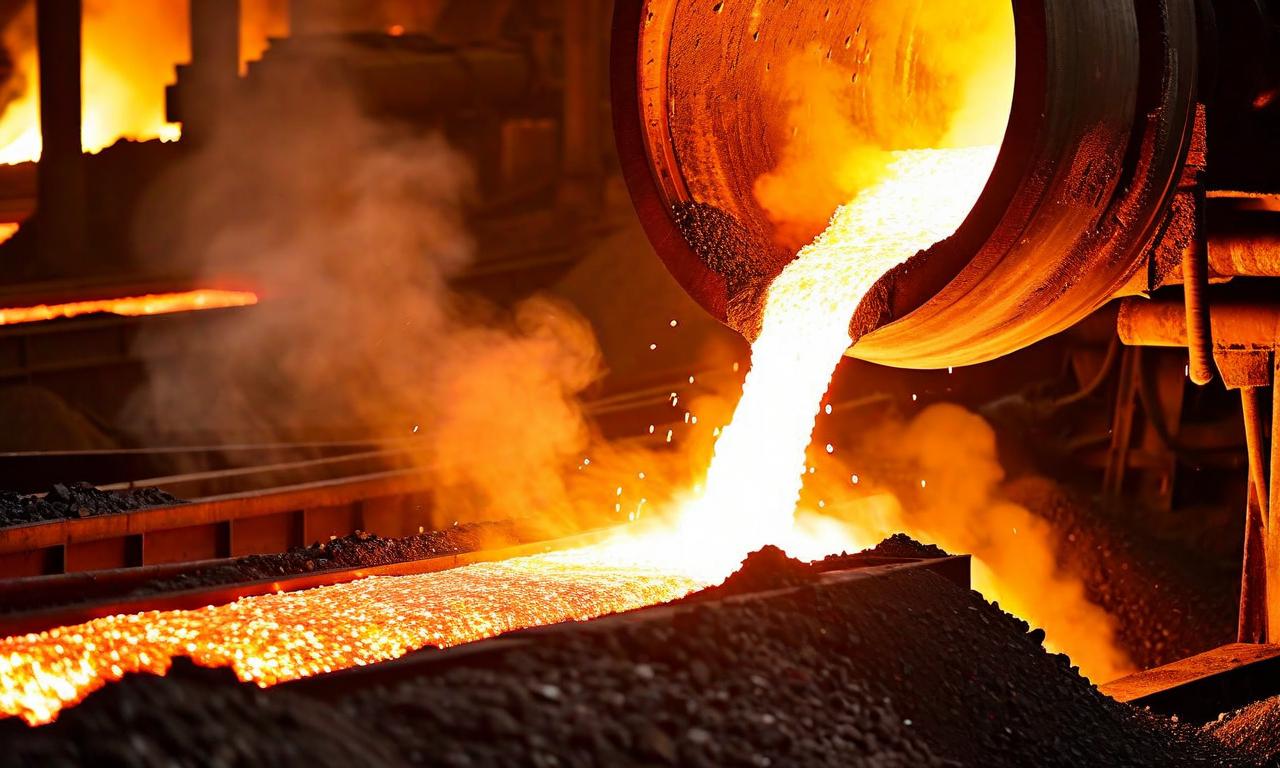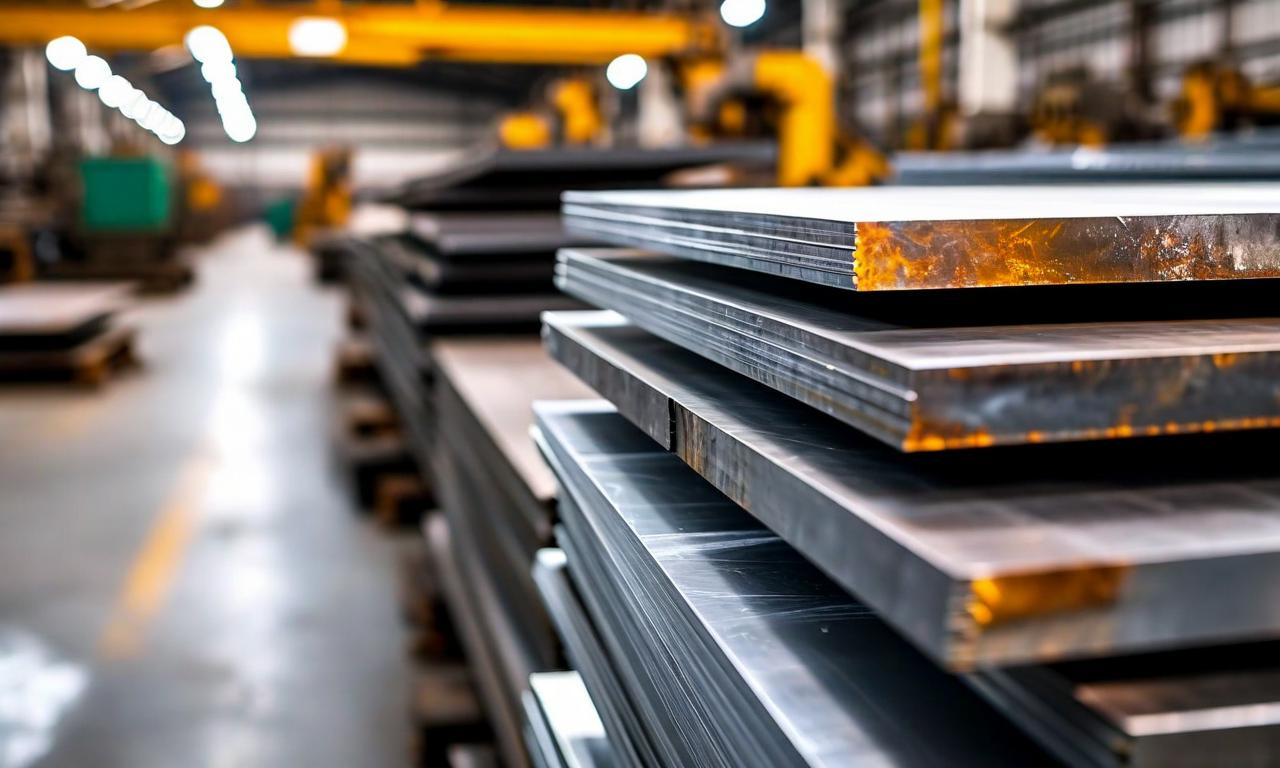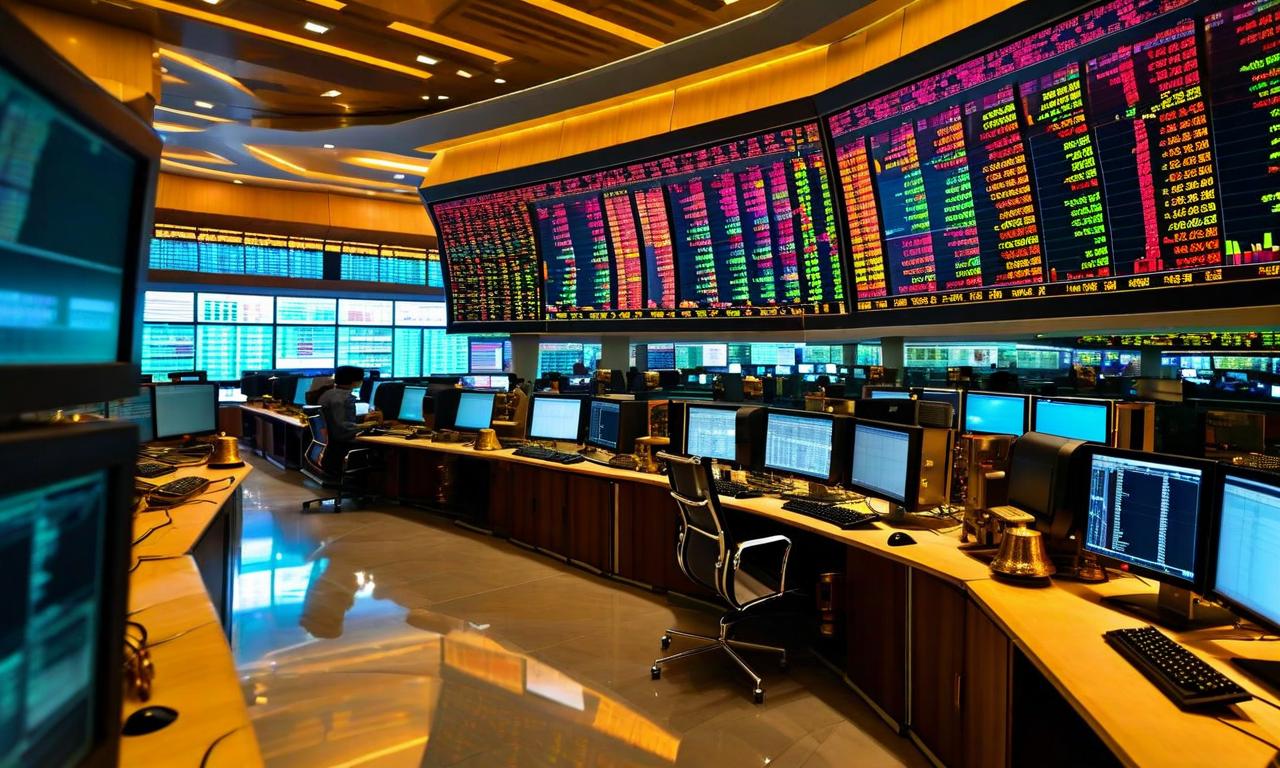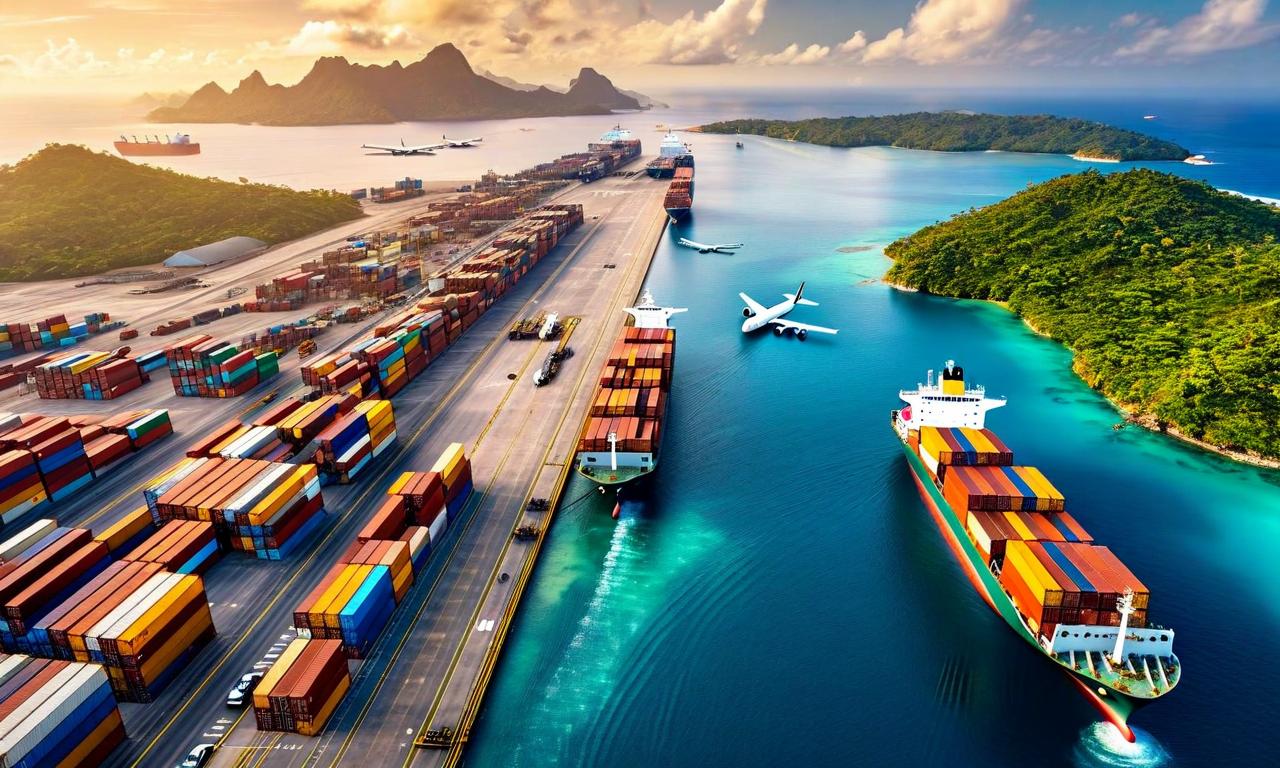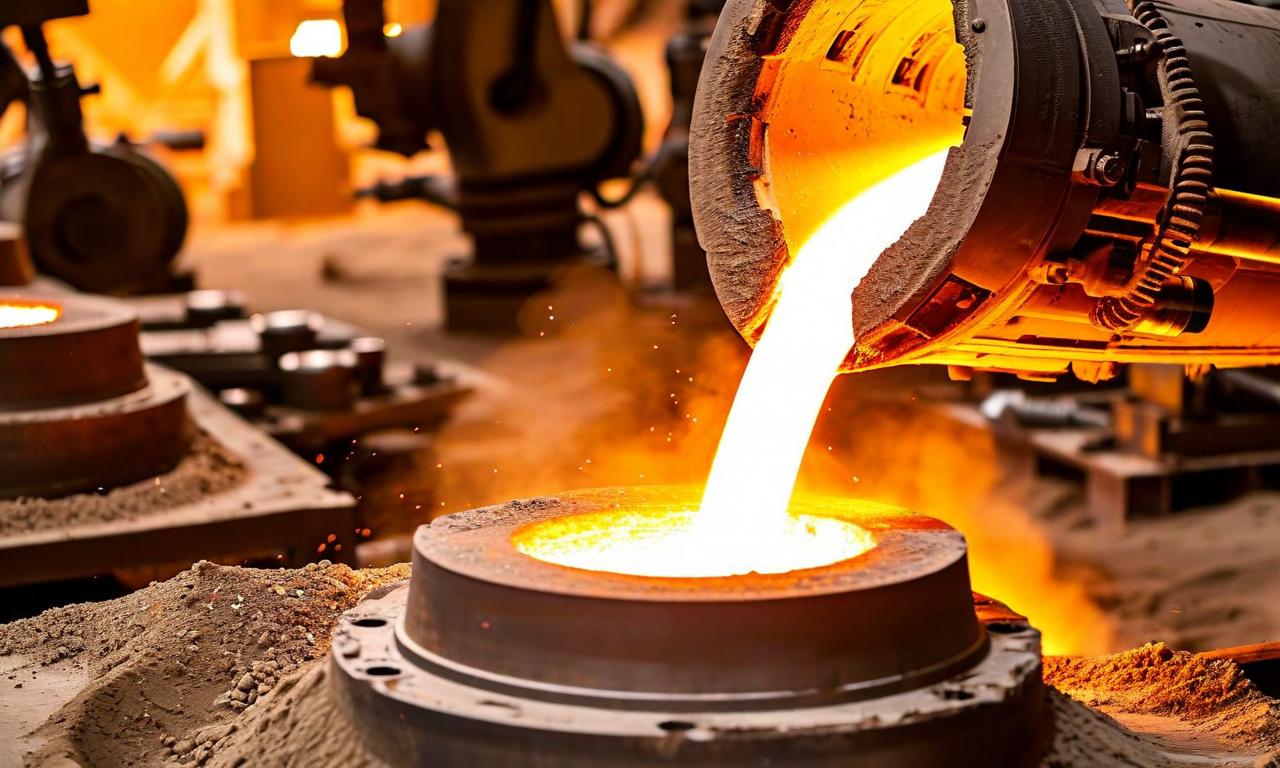Indian Steel Industry Poised for Growth Amid Extended Safeguard Duty and Global Market Shifts
India has extended its safeguard duty on imported steel for three more years, creating a 9% price advantage for domestic producers. This move aims to reduce reliance on foreign steel and protect local manufacturers from international price volatility. Concurrently, China's 'anti-involution' campaign, which includes production caps and plant closures, is expected to impact global steel markets. The combination of India's duties and China's actions may lead to more stable steel pricing. Despite current slow demand, the industry anticipates a post-monsoon recovery, with companies like SAIL and Tata Steel well-positioned to benefit from these developments.
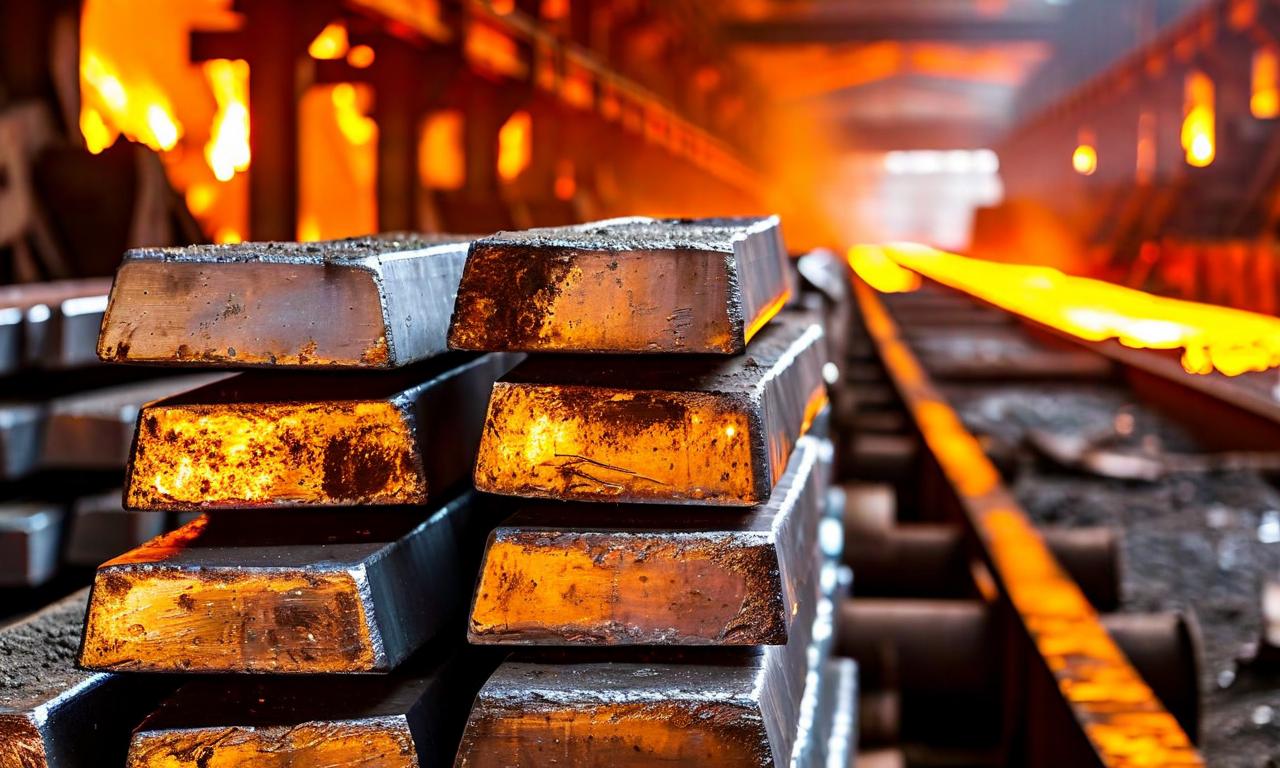
*this image is generated using AI for illustrative purposes only.
India's steel industry is set for a significant boost as the government extends its safeguard duty on imported steel for an additional three years. This strategic move is expected to reshape the competitive landscape of the domestic steel market and potentially influence global steel trade dynamics.
Extended Safeguard Duty: A Shield for Domestic Producers
The extension of the safeguard duty is designed to make foreign steel more expensive in the Indian market, effectively creating a 9.00% price advantage for domestic steel producers compared to import prices. This policy aims to achieve two primary objectives:
- Reduce India's reliance on foreign steel imports
- Protect local manufacturers from the volatility of international steel prices, particularly those influenced by Chinese market fluctuations
China's 'Anti-Involution' Campaign: A Global Perspective
While India strengthens its domestic steel industry, China is implementing its own set of measures dubbed the 'anti-involution' campaign. This initiative focuses on:
- Implementing environmental measures
- Imposing production caps
- Closing inefficient steel plants
- Addressing overcapacity issues in the steel sector
These actions by the world's largest steel producer are likely to have ripple effects across global steel markets, potentially benefiting Indian producers.
Market Stability and Pricing Dynamics
The combination of India's safeguard duties and China's production curbs is expected to create a more stable pricing environment for steel. Industry experts anticipate:
- Safeguard duties will provide a price floor for the domestic market
- Import prices will cap major increases, preventing excessive price hikes
This predictable pricing landscape is crucial for domestic steel companies, allowing them to plan their operations and expansions more effectively.
Industry Outlook and Preferred Stocks
Despite current slow demand, the steel industry is optimistic about a recovery post-monsoon season. Factors contributing to this positive outlook include:
- Increased government spending on infrastructure projects
- Upcoming tax reforms that could stimulate economic activity
Emkay Global analysts have identified potential beneficiaries of these industry developments, showing preference for:
- Steel Authority of India Ltd. (SAIL)
- Tata Steel Ltd.
These companies are well-positioned to capitalize on the favorable domestic market conditions created by the extended safeguard duty.
Conclusion
The extension of India's safeguard duty on steel imports, coupled with China's efforts to address overcapacity, presents a unique opportunity for the Indian steel industry. As the market adjusts to these changes, domestic producers stand to gain significant advantages in terms of pricing power and market share. While challenges remain, including the need to stimulate demand, the industry appears poised for growth in the coming years, supported by government policies and anticipated economic reforms.
